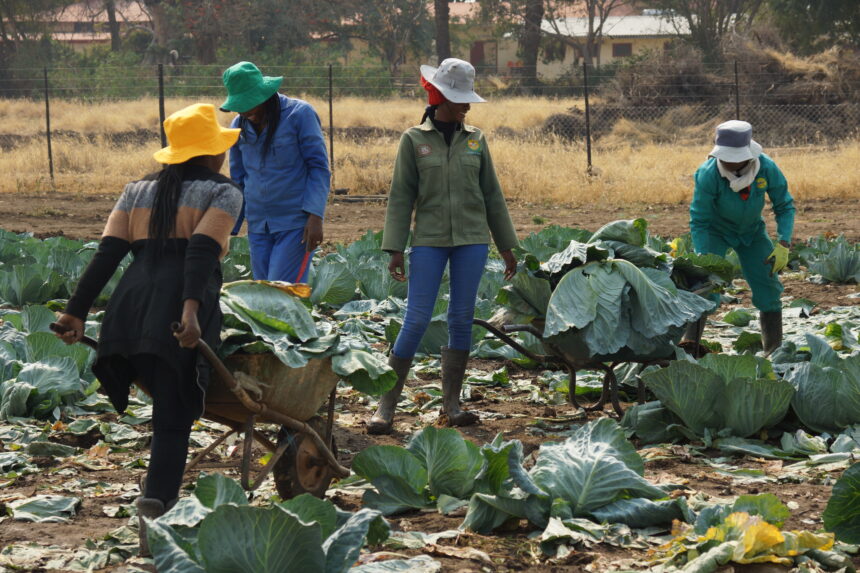Christa Nekwaya
Agribank recently showcased its diverse range of financial products at the Windhoek Agriculture and Industrial Show, where it highlighted its youth and women loan scheme.
This initiative targets women farmers and young entrepreneurs, offering them a unique opportunity to access funding. The scheme is open to women over the age of 18, and men aged 18 to 35.
Agribank’s public relations officer Filemon Nangonya said the programme features relaxed terms and conditions, making it more accessible to those who may not have traditional forms of collateral.
Instead of requiring fixed property, the bank allows alternative arrangements. For instance, unemployed individuals can secure financing through contracts with off-takers of their produce, which can be used as collateral.
Nangonya noted that while this off-take agreement approach may not suit all enterprises, especially in livestock production, it has proven successful for those involved in horticulture and poultry, where market demand is more predictable.
For employed individuals, the scheme offers additional flexibility. Monthly salaries can be used as collateral through a payroll deduction agreement with employers, or alternatively, through debit orders if a payroll agreement isn’t possible.
These provisions aim to encourage more women and young people to engage in agricultural ventures.
The agricultural sector, both on the continent and globally, continues to face many challenges, which include gender disparities, climate change, lack of funding and limited access to markets.
Closing the gender gap could help reduce hunger and improve livelihoods for Africa’s growing population, which is expected to quadruple within the next 90 years.
-nekwayachrista05@gmail.com



